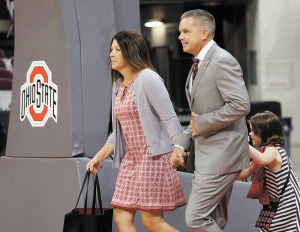In the workplace: Here’s how managers should handle 2021’s ‘Great Resignation’
Some executives I have interviewed have blamed working from home and the general burnout from the increased uncertainty as reasons for this struggle. Other executives blame generous unemployment benefits.



